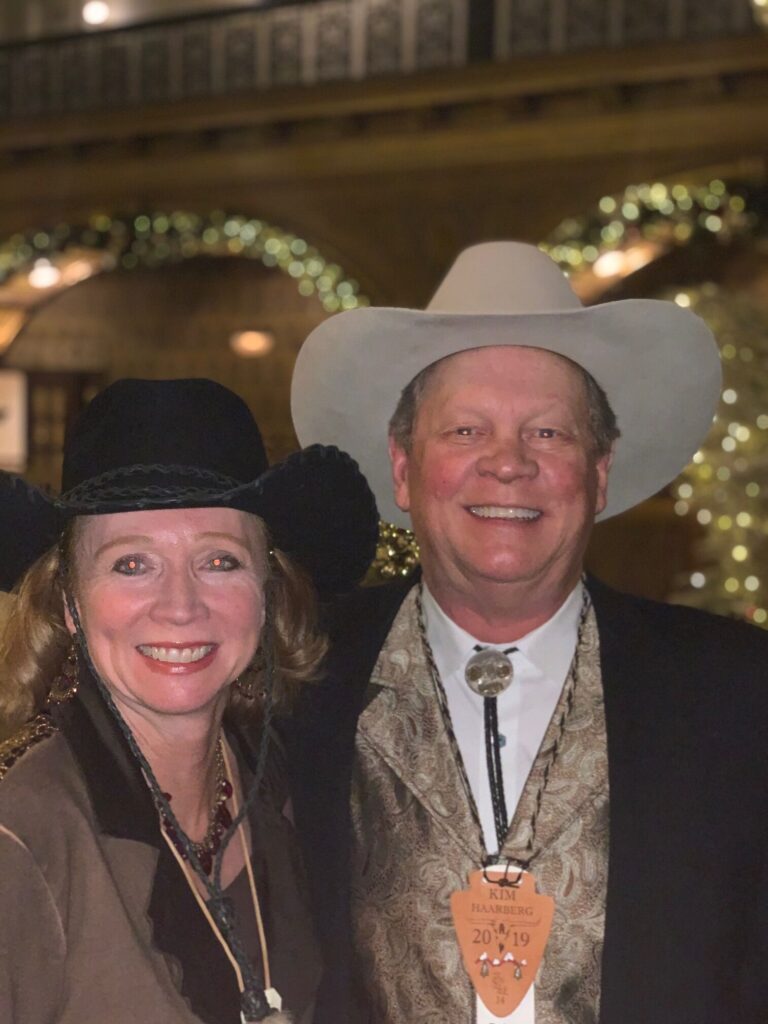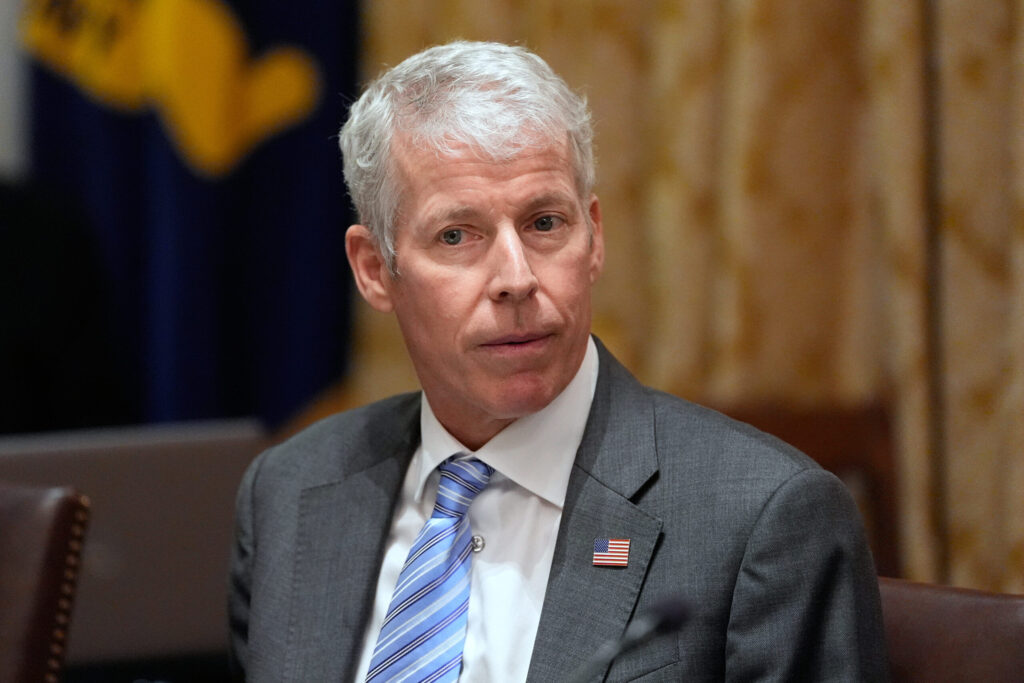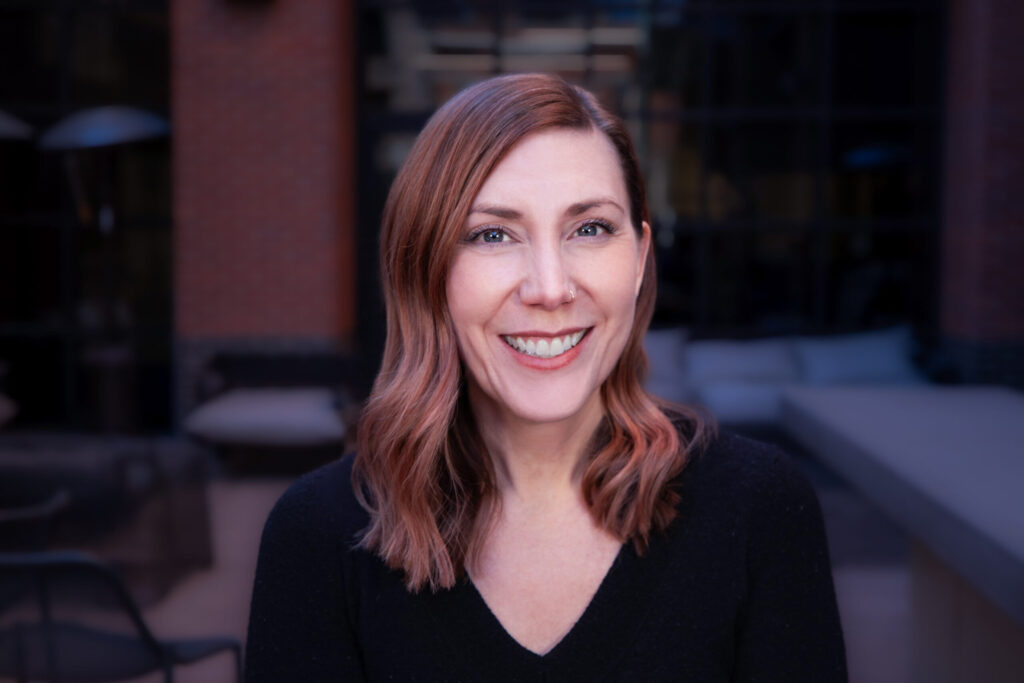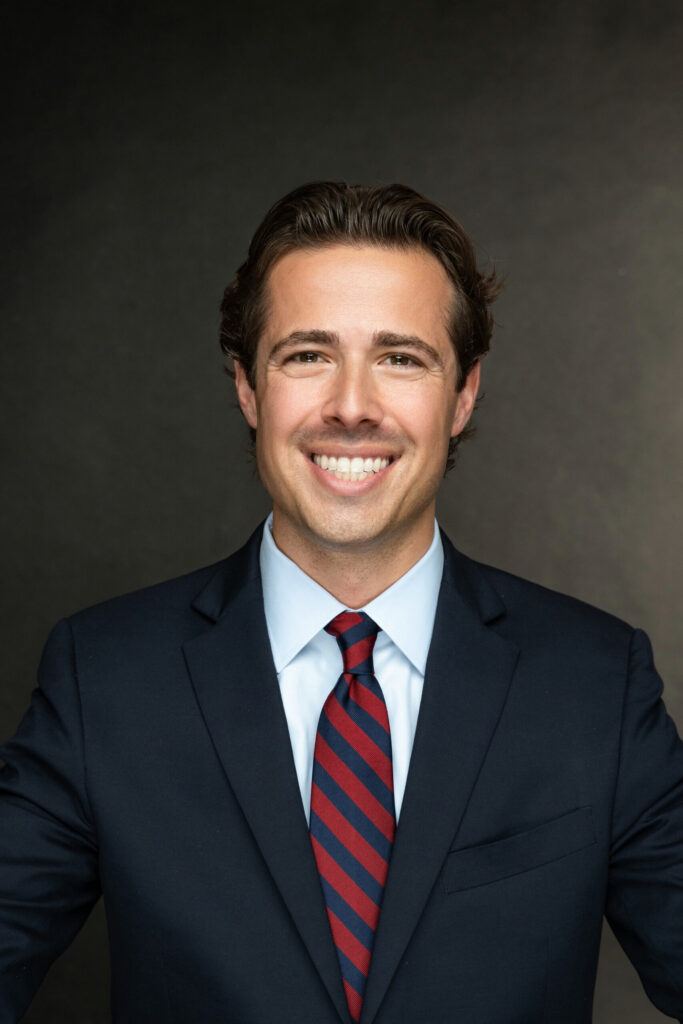Murderous invasions of kibbutzim attacks on Israeli agriculture | GABEL
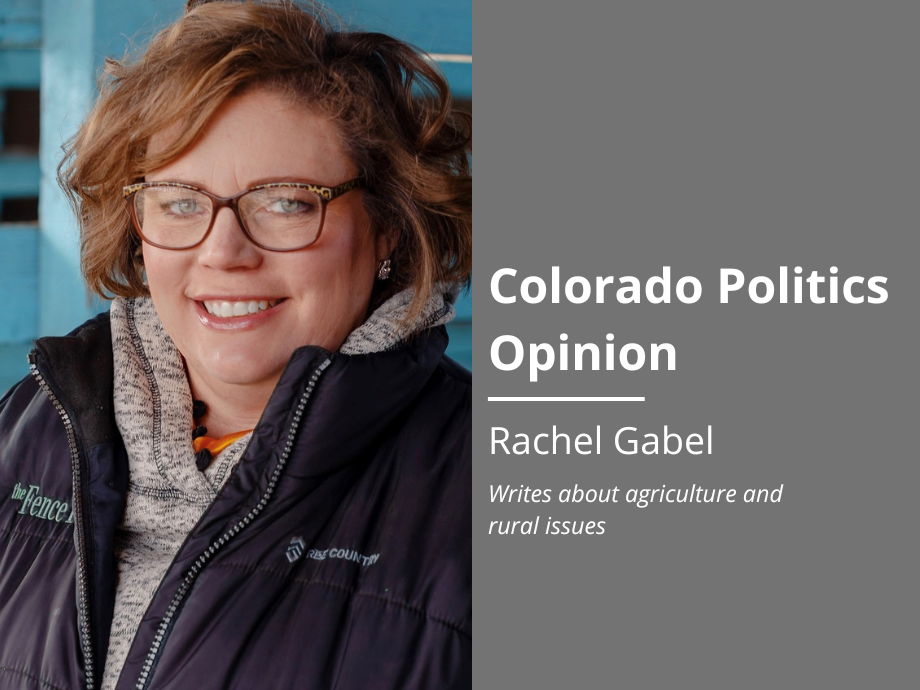

My dad doesn’t waste any words. He occasionally offers guidance, and he is always the voice of reason when one is needed. Among his best pieces of wisdom is, “Even brilliant people say stupid things,” and “don’t take any wooden nickels.” The classic, though, has proven true in recent weeks and that is, “Unrest and instability anywhere in the world is bad for the markets.”
Britt Pratt’s job is to mitigate risk at her family’s feedyard, McEndaffer Feedyard, in Merino. When the bottom fell out of the calf market several weeks ago, she flicked the ornate golden hued lid off a bottle of Crown Royal and poured a nip into her drink. She said it helped… a little.
The Cattle on Feed report is issued monthly by the U.S. Department of Agriculture. The October report was bearish and left significant losses in the cattle market. The number of cattle on feed reported was higher than year-ago levels and pre-report estimates and the live and feeder cattle trade saw triple digit losses. Hence, the whisky.
“The cattle market right now is trading the outside world, they are not trading fundamentals,” she said. “They’re trading noise.”
Pratt said looking at the September report, she anticipated the October report would contain higher numbers of cattle on feed. If it were not for unrest internationally and domestically with no speaker of the House, she said the markets overreacted.
Though global unrest and the politics behind it is certainly not my strength, the agriculture industry in Israel has been thrust into the spotlight, though to a much lesser degree in the mainstream media, as is the custom.
In Israel, a kibbutz is a small community centered around a dairy farm. There are a number of kibbutzim along the Gaza border and on Oct. 7, Hamas terrorists crossed into Israel and, according to reporting by Chris McCullough, targeted the farms. Workers at the dairy were milking cows when they were attacked and slaughtered. McCullough reported some workers were murdered at the farm and some, many of whom were Thai, were murdered or kidnapped and forced to Gaza. Thai workers are common in kibbutzim as they are able to work on the Sabbath and cows, of course, must be milked at least two to three times daily.
Stay up to speed: Sign-up for daily opinion in your inbox Monday-Friday
Ofier Langer has run the Israeli Dairy School for more than a decade and told McCullough he knows a number of those killed in the attacks on the dairies. He said two farm managers and dozens of workers were shot. Terrorists burned hay and feed supplies and burned feed trucks. One of the farm managers reentered one of the dairies, the Kissufim dairy, the following day to feed and milk the cows. He and a worker were ambushed by terrorists and murdered. The terrorists barricaded themselves in the milking parlor, a multi-million-dollar facility, and opposing forces ultimately blew up the facility with the terrorists inside.
The Army closed the area following the attacks and soldiers and groups of volunteers, clad in bulletproof vests, have begun attempting to return the dairies to normal operation, despite huge losses of life, feed, equipment, cattle and infrastructure. But the cows must be fed and milked three times daily. The milk must also be trucked from the dairies to the processors, which must be done under military escort with the remaining functioning trucks. Photos from the area show the carcasses of cows starved to death, shot or burned and other photos show soldiers in combat gear with weapons over their shoulders feeding baby calves. It is unfathomable.
This is a frightening example of how cow care happens at all cost, whether the farm is here in the U.S. or on one of the high producing, modern dairies along the Gaza border. Agriculture doesn’t take the day off and here in the U.S., we ought not forget how lucky we are that unrest like this doesn’t exist on our soil. For that, we owe our veterans a debt of gratitude.
Rachel Gabel writes about agriculture and rural issues. She is assistant editor of The Fence Post Magazine, the region’s preeminent agriculture publication. Gabel is a daughter of the state’s oil and gas industry and a member of one of the state’s 12,000 cattle-raising families, and she has authored children’s books used in hundreds of classrooms to teach students about agriculture.



